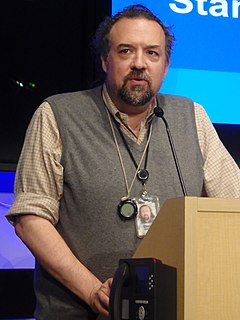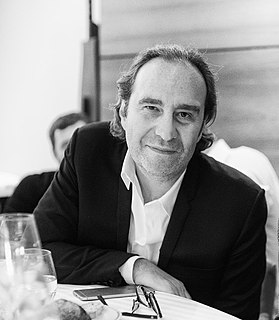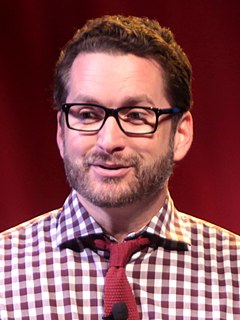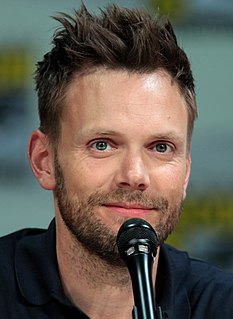A Quote by Niklas Zennstrom
Some Internet operators are concerned that video services such as Netflix and YouTube consume lots of the bandwidth on the network. While there is some truth to this, my guess is that the operators wished they could provide the same kind of services with the same success as Netflix and YouTube.
Related Quotes
Video is growing very quickly on Facebook. A lot of people compare that to YouTube. I think that kind of makes sense. YouTube isn't the only video service, but I think it's the biggest, and it probably makes more sense to compare Facebook video to YouTube rather than Netflix because that's a completely different kind of content.
We know that ATT is upgrading their TCI network to provide voice services, but we believe that upgrade will go beyond that, for total interactivity at very reliable rates. Video telephone calls, downloading music videos, television broadcasts, online newspapers - all of this would be in digital mode. I think they certainly intend to be the one-stop shop and once they do that, it will force the other multiple system operators to follow suit.
Youku Tudou is a hybrid, like combining Netflix and YouTube. Like Netflix, with Youku, which launched in 2005, we syndicate a library of longform content and create original content. The Tudou model started with user-generated content but is increasingly becoming about partner-generated programming.
YouTube is so quick and so instant, and you make a video, and you can upload it the same day, whereas with a book, you have to go through a lot of time and a lot of people and a lot of processes. So it was weird to sit down and work with other people on projects, because I'm so independent with YouTube.
YouTube was really good for building a kind of core, loyal fanbase. I didn't want to be a YouTube artist as such. I mean, there are people who are able to release albums and live off YouTube, but I felt - and not in an arrogant way - that I could be commercial and credible if I really put my mind to it.




































